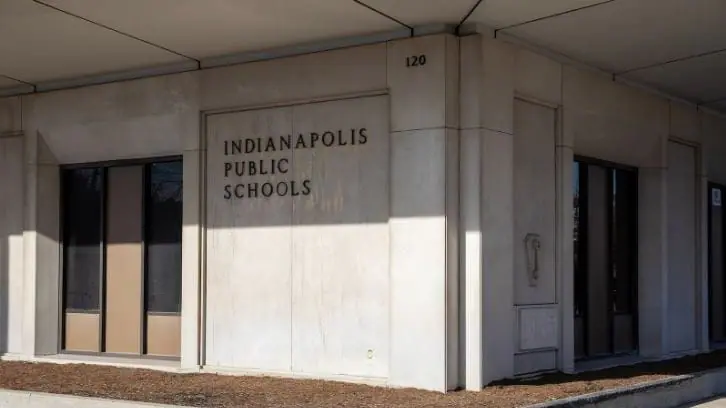Indianapolis Public Schools unveils 2025 legislative priorities
INDIANAPOLIS (WISH) — Indianapolis Public Schools has announced a legislative agenda for the 2025 legislative session, emphasizing reforms aimed at improving education funding, expanding access to student health services, and enhancing support for diverse student populations.
The district’s priorities for the upcoming 125th General Assembly, which convenes on Jan. 13, focus on critical areas including education funding, student health initiatives, post-secondary accessibility, workforce development, and literacy support.
IPS is also advocating for revisions to the state’s Complexity Index, a formula used to allocate funding, to better reflect the needs of English Language Learners and students in special education programs.
According to the release, key priorities of IPS’s 2025 Legislative Agenda include:
- Support early learning programs: Expanded access to quality Pre-K education by increasing income eligibility limits for financial assistance programs and raising the amounts awarded to eligible families.
- Enhanced support for diverse student needs: Updates to funding formulas to better support English Language Learners and students with special education needs, ensuring that resources are allocated equitably based on student needs.
- Student health checkups: IPS is pushing for legislation requiring basic health screenings for students when they enter kindergarten, middle school, and high school, aiming to detect health issues early and ensure students are physically prepared for learning.
- College affordability: A policy to allow all Indiana high school graduates, including undocumented students, to pay in-state tuition rates at Indiana colleges. This measure is designed to increase access to higher education and reduce financial barriers.
- Growing the teacher pipeline: Expansion of state job training grants to include teaching certificates, as well as recognition of work experience as college credit. This initiative seeks to address teacher shortages by making it easier for individuals to pursue careers in education.
- Reading success: Increased flexibility for schools to support struggling readers, particularly English learners. This includes offering additional testing opportunities and adjusting advancement requirements based on individual language progress.
